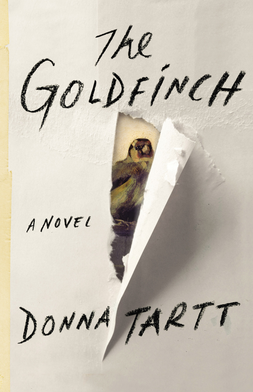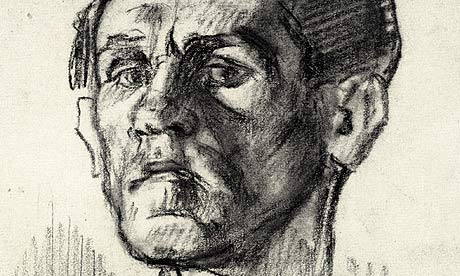
How did our members feel about Stephen King as a writer...was his work equal to other writings we have read as a group? Do we think King is a great writer of "pulp" fiction? Or a writer whose works should be taken more seriously? How many of us think his books will become enduring American literature? Did his stories foment a discussion? Did his themes and subjects strike an emotional chord?
We often gravitate to the highbrow choices...is this lowbrow to me just because they are so popular? Is there something in his work that even the most elite "highbrow" (not me) might benefit from? I have an unformed opinion and would have loved to hear from others. (I am easily influenced.)
Hope someone responds.
And someone did...B.B. Here are her comments:
It was a good discussion. Only eight present; so a feeling of intimacy
and equally shared, unhurried conversation prevailed. Since time has
passed, my comments here may reflect more my own ideas than the
group’s. Both stories are morality plays of a sort. The first,
“Rita Hayworth and the Shawshank Redemption,” is about the
virtues of faith, hope and love. Indeed, the title of the section is
“Hope Springs Eternal.” In the dehumanizing world of prison, Andy
maintains faith in himself and the hope of escape. Once he is free,
he reaches back in love to Red, leaving a trail for his friend to
follow. Red is so diminished by his years in prison that he’s
barely able to cope on the outside. What redeems him is the love Andy
shows him. The story ends with Red setting out in faith and hope to
start a new, good life.
The
second story, “Apt Pupil,” has the section title “Summer of
Corruption.” Here we see a bond between two males that is mutually
destructive. This morality play is about evil and how evil corrupts.
The boy Todd dabbles in evil, eventually becoming evil. He stirs up
quiescent evil in Dussander, the old Nazi. Love redeems; evil
corrupts.
Although
the discussion was lively, we all, even GT, the sponsor of the
book—who was sold on King’s writing memoir, greatly admiring his
dedication to his craft and to his wife—said we wouldn’t care to
read any more Stephen King in a hurry, not even the next two in the
collection. The writing is masterful, but maybe morality plays
aren’t our thing. Maybe we prefer less clear-cut themes, more
character-driven stories with nuanced characters we can identify
with or who help us understand real people in our lives. King’s
characters seem to exist to work out his ideas.
And,
yet, I don’t want to dismiss King. He’ll always have an audience.
I think maybe I would have enjoyed him more when I was younger. As
you’ve hinted at, BT, his is not the genre for women like us—of a
certain age and with decided tastes.
Notes:
L.'s Notes:
G. said "How nice Stephen King is". M. said he's crazy.His life:
His father ran off when he was 2 years old and he was raised by his mother and her relatives. He is very unpretentious and a sweet man. His mother had 'low class' jobs. He had an older brother. He lived in Maine and met his wife, Tabatha, at the university of Maine. She was a poet.
He had a teaching job and that left him the summer to write. He wrote Carrie as short story and then increased it to a novel; then a movie. He was paid $400,000.
Later, SK was addicted to alcohol and drugs. Tabatha invited everyone she knew over and she took out his bottles and his syringes and told him, "Please, this is unacceptable". SK went into rehab. It may have affected the writing of Misery. Tabatha said, 'you have to write' SK goes into his studio and turns on his stereo, very loud. He doesn't like giving autographs. He has a website where he sells shirts and the money goes to charity. He wrote the Shining and someone said that he makes references to the shining in all of his pieces.
In 1982 he wrote Shawshank Redemption and Apt Pupil. One goes up and the other down.
We got around to discussing evil and good. We decided that the Shawshank Redemption was two men on their way to redemption, and in the Apt Pupil, was a student and a man who are led down the path to evil. D. said 'evil is an addiction'. Apt Pupil discusses Todd's private life. Todd tries to escape evil sexually, but it doesn't work for him. Todd gives in to all his impulses.
His father is having an affair with his secretary. His mom is concerned about him, but his father writes it off. Another name for the title is "Summer of Corruption'.
SK had trouble with the movie, 'The Shining' as the movie is very different from the book. He has a way of writing the story with a number of views, someone said, I think it was D., that he did that in some paragraphs. We discussed that Alice McDermott and Virginia Wolfe do that. B.B. said he always tells stories with messages. J. said 'other wages of sin are death'.
We also discusses ,Thinner' a man who is distracted who inadvertently kills a man crossing the street and a gypsy woman told him that he's going to get thinner and thinner, which he does. After that we discussed the food coop, Sony and Cuba. And that's it, except for the parts I had to leave out.
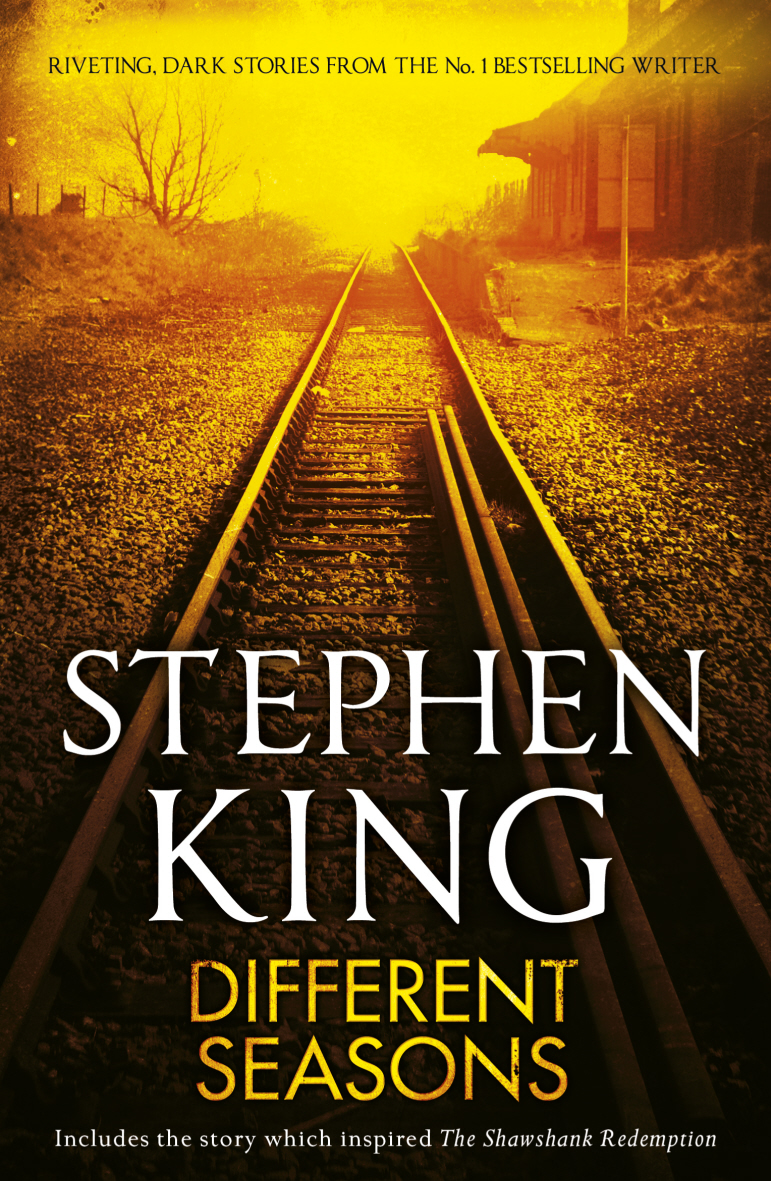





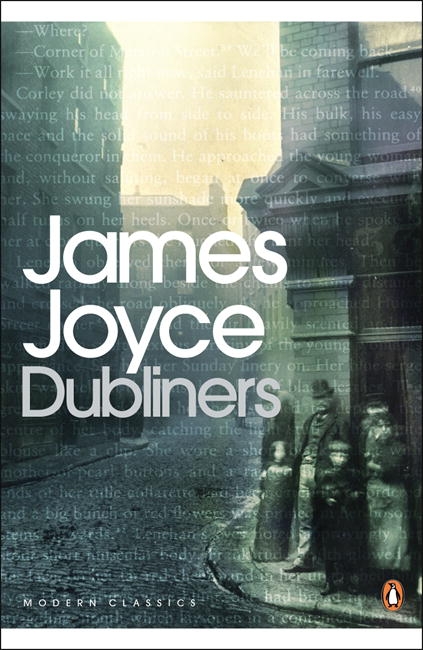



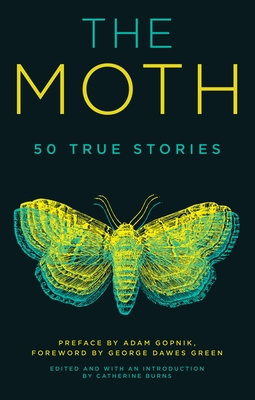
.jpg)





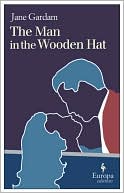
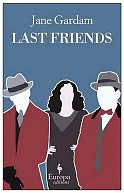


.jpg)


